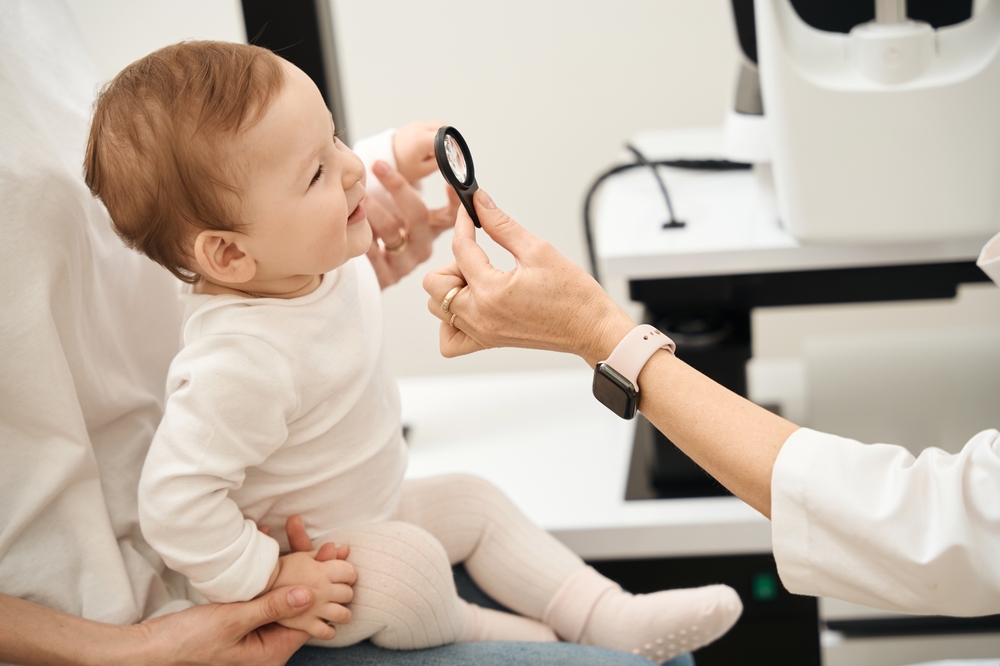
When it comes to safeguarding your child's vision, understanding the significance of pediatric eye exams is paramount. These exams are not rudimentary vision screenings that one might associate with school-based checks. They are comprehensive evaluations conducted by an optometrist, designed to detect any issues that could potentially impair your child's ability to see clearly and develop normally.
The Importance of Starting Early with Pediatric Eye Exams
Initiating eye care early in a child's life is critical for several reasons. Early detection of vision problems can lead to interventions that can correct or improve many issues that would otherwise lead to life-long visual impairment. The visual system is most malleable during the early years, which is why addressing problems during this time can have a profound impact.
The majority of learning is visual for children, so having uncorrected vision problems can hinder their ability to learn and interact with the world. For instance, children with untreated refractive errors might find it challenging to focus on text in books or on the board at school, potentially leading to academic difficulties. Some eye conditions, if left unchecked, can lead to amblyopia, commonly known as lazy eye, which can be much harder to treat later in life.
Common Eye Conditions in Children
Several eye conditions can affect children, some of which can have long-lasting effects if not addressed timely. Refractive errors such as myopia (nearsightedness), hyperopia (farsightedness), and astigmatism are common and can usually be corrected with glasses or contact lenses.
Strabismus, a misalignment of the eyes, and amblyopia, often resulting from untreated strabismus or refractive errors, are other conditions that can significantly benefit from early detection. Amblyopia, in particular, is much more responsive to treatment when identified before the age of 7.
Maintaining Regular Eye Exams
Routine pediatric eye exams are the cornerstone of early detection and intervention. These exams should be conducted even if your child does not show any signs of vision problems. Many eye conditions do not have obvious symptoms and can only be identified through a comprehensive eye examination.
The frequency of eye exams might vary based on individual risk factors such as family history of eye conditions, premature birth, or developmental delays. Your eye care professional can provide guidance on how often your child should be examined. However, as a general rule, after the initial exams at 6 months, 3 years, and before starting school, children should have their vision checked at least every two years if no vision correction is required, and annually if they wear glasses or contact lenses.
Conclusion
By prioritizing regular pediatric eye exams, you take a proactive stance in the quest to maintain your child's eye health. Clear vision is a crucial component of a child's growth, and by ensuring that your child's eyes are regularly checked, you are setting them up for success both in and out of the classroom.
Protect your child's vision and future by scheduling their pediatric eye exam today, visit Eyecare Center of Leesburg in our Leesburg, Florida, office. Please call (352) 787-1956 to book an appointment today.












